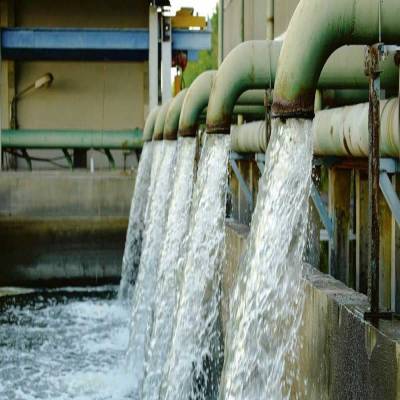

The Ministry of Urban Affairs revealed to the Parliament that, since 2021, a total of 2,135 projects for the rejuvenation of water bodies, amounting to Rs 38.02 billion, have been sanctioned by the Centre under Atal Mission for Rejuvenation and Urban Transformation (AMRUT) 2.0.
In a written response to Rajya Sabha, Kaushal Kishore, the Minister of State in the Ministry of Housing and Urban Affairs, stated that 35 states and Union Territories have incorporated rainwater harvesting provisions into their building bylaws, aligning with the Model Building Bye Laws (MBBL) of 2016.
MoS Kishore emphasised that the Ministry of Housing and Urban Affairs (MOHUA), through national missions like AMRUT and AMRUT 2.0, supports state governments in addressing water crises. Launched on October 1, 2021, AMRUT 2.0 aims for universal water supply coverage and water security in all statutory towns by 2024, with 2,135 water body rejuvenation projects already approved.
Kishore explained that under AMRUT 2.0, a focus on aquifer management plans will maintain positive groundwater balances in urban aquifer systems. The scheme, operational from the financial year 2021-22 to 2025-26, targets tapped drinking water in every household.
Providing an update on AMRUT, Kishore stated that 813 projects worth Rs 29.99 billion have been initiated, with 739 projects worth Rs 18.64 billion completed. These efforts have eradicated 3,416 waterlogging points, and 372 more are in progress.
AMRUT, initiated on June 25, 2015, in 500 cities and towns, concentrates on infrastructure development in water supply, sewerage, septage management, stormwater drainage, green spaces, parks, and non-motorised urban transport. Rainwater harvesting projects under the water supply sector and urban reforms are part of the mission.
The minister disclosed that under AMRUT, 1,222 km of drains have been laid, and an additional 401 km are under construction. States and UTs have undertaken seven rainwater harvesting projects, with four completed and three in progress, involving a total expenditure of Rs 91.9 million.